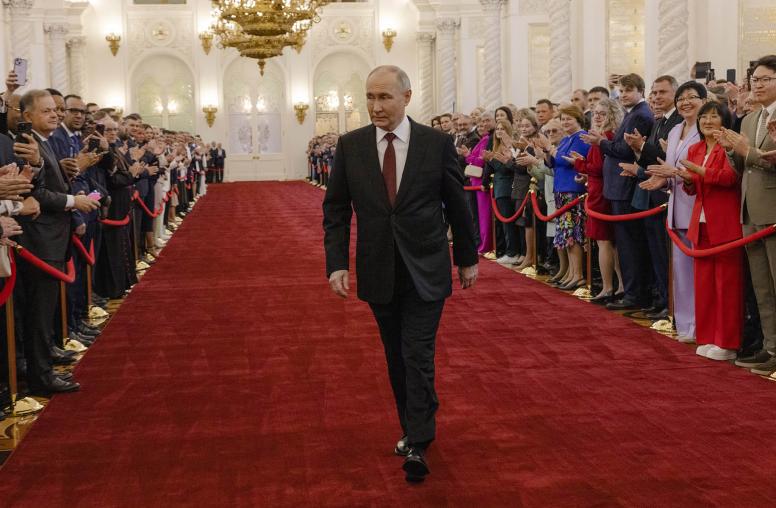Securing the Peace in Ukraine
Tackling Security Sector Governance and Reform Challenges to Support Democracy
As Ukraine continues its courageous and fully justified defense against Russia’s war of aggression, Ukrainian policymakers have, understandably, prioritized Ukraine’s security in an immediate response to the 2022 full-scale invasion. Like all nations facing an existential threat, Ukraine has adapted and restricted portions of its democratic governance architecture to ensure robust and effective self-defense for the time being but will soon be faced with the challenge of ensuring an effective defense while also mitigating the long-term risks that highly securitized state structures could pose to the country’s hard fought democracy and strong civil liberties.
The existential threat posed by Russia is unfortunately not unique to Ukraine, with the Nordic and Baltic states frequently facing harassment or threats of aggression. Over a period of several decades, those countries — including their governments and civil societies — have worked tirelessly to seek out a conventional democratic life by holding elections and easing media restrictions, among other measures, while also presenting an effective deterrence through total defense/comprehensive security measures to encode security throughout all major aspects of life while ensuring democracy and normalcy reign free. How can strong investments in future security sector governance models like total defense/comprehensive security help Ukraine continue to successfully navigate the tension between security and democracy?
On March 27, USIP hosted a discussion on the tensions between security, democracy and civil liberties, the costs and benefits of total defense/comprehensive security models, and the regulation and oversight of strong security sectors. The conversation examined lessons learned from Nordic and Baltic states, which could represent a thoughtful roadmap for ensuring Ukraine’s democracy continues to stand strong while maintaining effective and transparent security institutions that credibly deter interstate aggression.
Learn more about our Summit for Democracy side events here, and follow our work on social media with #DemocracySummitUSIP.
Speakers
Ambassador William Taylor, moderator
Vice President, U.S. Institute of Peace
Jorgan Andrews
State Department Fellow, U.S. Institute of Peace
Daria Kaleniuk
Executive Director, Co-founder, Anticorruption Action Centre
Marta Kepe
Senior Defense Analyst, RAND
Oleksandra Matviichuk
Head, Center for Civil Liberties
Jonas Wikström
Admiral, Swedish Armed Forces; Swedish Defense Attaché to the United States of America



